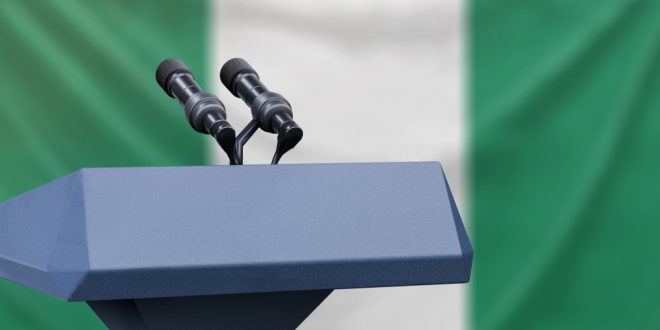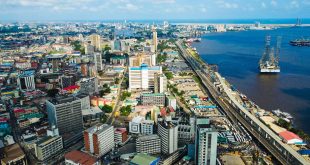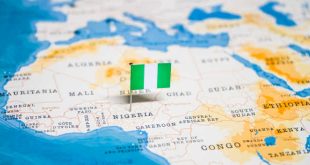Rep. Kelechi Nwogu of Nigeria’s People’s Democratic Party has issued a correction to the widely circulated news that the House of Representatives is making moves to ban sports betting in the West African nation.
The House of Representatives held a plenary meeting in Abuja last week where it directly addressed the National Lottery Regulatory Commission (NLRC), which is in charge of the licensing and regulation of the lottery and gambling activities in Nigeria.
Prior to the weekend, it had been reported that Nwogu and PDP had drafted a bill calling on Nigerian ministers to “completely prohibit sports betting in the country over concerns regarding mental health challenges”.
However, in a post published on X (Twitter), Nwogu – who is a member of the House of Representatives for the Etche/Omuma Federal Constituency – clarified that the motion has been misinterpreted by the media as a measure to implement a nationwide prohibition of sports betting.
Instead, Nwogu stated that the resolution simply urges the NLRC to optimise its compliance with the Lottery Regulatory Commission Act 2005 and create a safer environment for players and shareholders alike.
“Contrary to Instablog and other media reports, the motion does not aim to ban sport betting,” the post said.
“Its purpose is to protect players’ rights and ensure compliance with existing regulations. I am committed to fostering responsible gambling and creating a fair and transparent industry. Let’s rely on accurate information and work together for the betterment of Nigeria.”
According to estimates cited by the News Agency of Nigeria, around 60 million people between the ages of 18 and 40 are currently engaging with sports betting.
The numbers come from Nigeria’s National Lottery Trust Fund, which was established by the Federal Government of Nigeria with the 2005 Act to invest funds made from lotteries back into the community and support various social projects.
Given the prominence of sports betting among the younger demographic in the country, Nwogu warned that “weak or neglected regulations” have inadvertently led to deteriorating mental health caused by debt, job losses, family relationships, and in some cases leading to increased crime rates and suicides.
Nwogu also leveraged his position as a member of the House of Representatives to press the Federal Ministry of Information and National Orientation for the creation of national campaigns that raise public awareness on the negative effects of sports betting, especially among the younger demographic.
Nigeria’s Committee on Intergovernmental Affairs was also urged to conduct a public hearing on the dangerous effects of sports betting, with Nwogu requesting feedback on further legislative action within four weeks.
The apparent lack of public education on safer gambling has been an ongoing issue in Nigeria. 2023 saw the NLRC launch public awareness and education campaigns focused on informing under-age consumers of the “perils of gambling”.
However, the regulator acknowledged that it required government assistance in the development of further market safeguards and standards with regards to inspection of betting offices, penalty enforcements and imposing online controls.
In 2024 market stakeholders continue to wait on the Nigerian government to settle terms on adopting a “multifaceted strategy” to improve market protections and conduct.
At last year’s SBC Summit Barcelona, Olabimpe Akingba, Executive Secretary of the Association of Nigerian Bookmaker (ANB), said that regulators in Nigeria – and to an extent the wider West African sector – need to focus more on meeting general social responsibility standards.
“At the moment regulators are not doing much on that part,” Akingba admitted. “If I speak for Nigeria, it is really low, beyond what is written in the books enforcement and what is in law are at the barest minimum.
“We have seen addiction, there is nothing in place for treatment and I know that the regulators are not that focused at the moment and it is important for them to look at it.”









